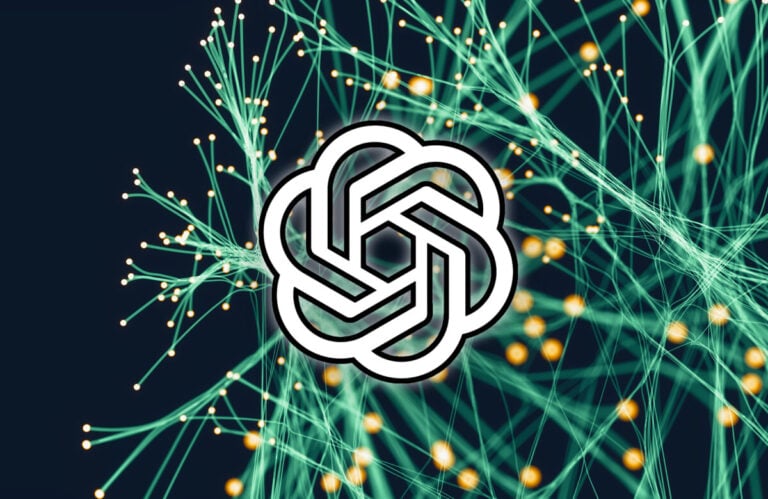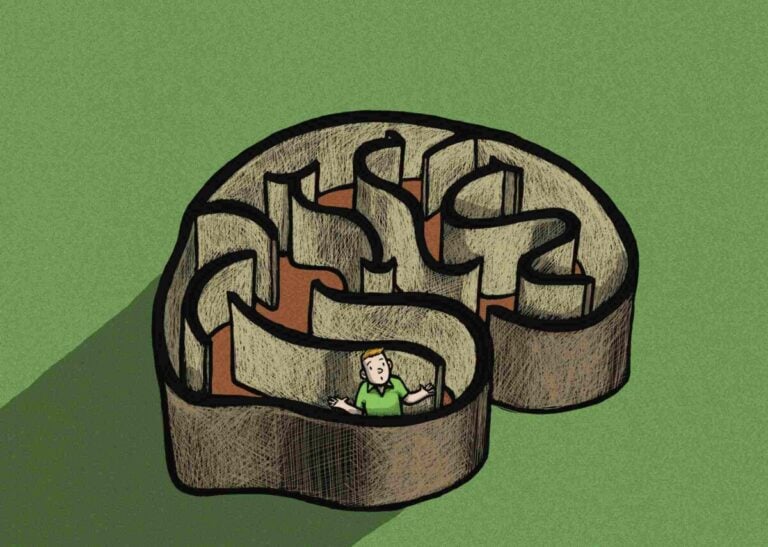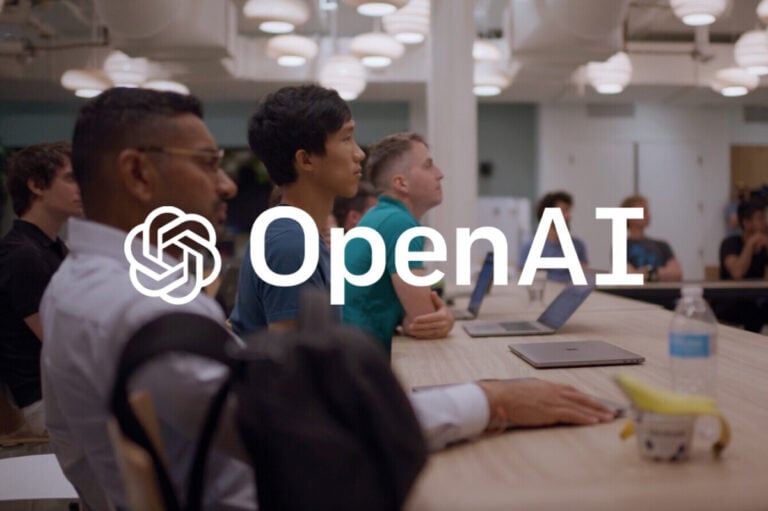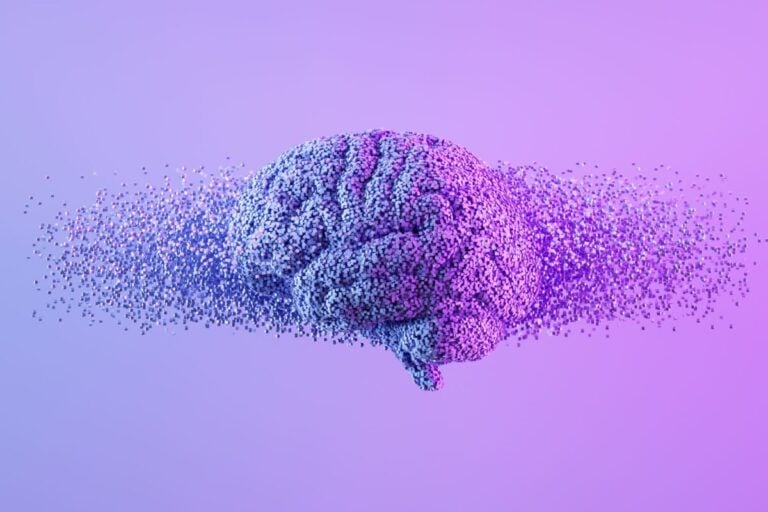Neural networks are one of the most relevant and promising areas of development of artificial intelligence. They are able to analyze huge amounts of information, learn from experience, and make decisions in complex situations.
What are the main issues and ethical aspects of the use of neural networks in society, as well as possible ways to solve them? Where to look for ways to minimize potential threats to individuals and society when using neural networks? This article will tell you about the need to understand the ethical responsibility of all participants in the process.
Ethical issues in the use of neural networks in various fields
The use of neural networks in society raises a number of ethical questions, especially in various fields. For example, in medicine a dilemma arises: how much can you rely on the decisions and diagnoses made by a neural network? After all, a person’s ability to evaluate context and make ethical decisions is an integral part of the work of a physician.

There are also challenges in the area of justice. Using neural networks to predict the outcome of a trial can lead to systematic bias and inequity before the law. What alternatives should be proposed to improve this situation?
Another pressing issue is the protection of personal data. Collecting large amounts of information about users allows neural networks to create accurate models of people’s behavior, opening the door to potential abuse or privacy violations.
Finally, the use of autonomous systems and robots in workplaces or weapons raises concerns about human safety. How to ensure the reliability and responsibility of such systems in order to minimize possible negative consequences?
All these issues require serious discussion in society and legislative regulation.
Privacy and security issues
Neural networks are capable of processing huge amounts of information and identifying various patterns, which makes them a very valuable tool for many companies and organizations. However, this potential can also be used for harm.
Firstly, when using neural networks there is a risk of personal data leakage. For example, if a company uses a neural network to analyze data from customers or social network users, this could lead to unauthorized disclosure of personal information. In addition, hackers may also try to gain access to neural network models or training data in order to obtain sensitive information.
Secondly, there is a danger of misusing neural networks for mass surveillance of people. For example, governments or corporations can use neural networks to track citizens’ movements or monitor online behavior. This raises serious questions about violations of privacy and individual rights.
Finally, the use of neural networks may also raise ethical issues.
Possible negative consequences of using neural networks in society
Firstly, there is a danger of job losses. Process automation using neural networks can replace humans in many areas such as manufacturing, transport and banking.
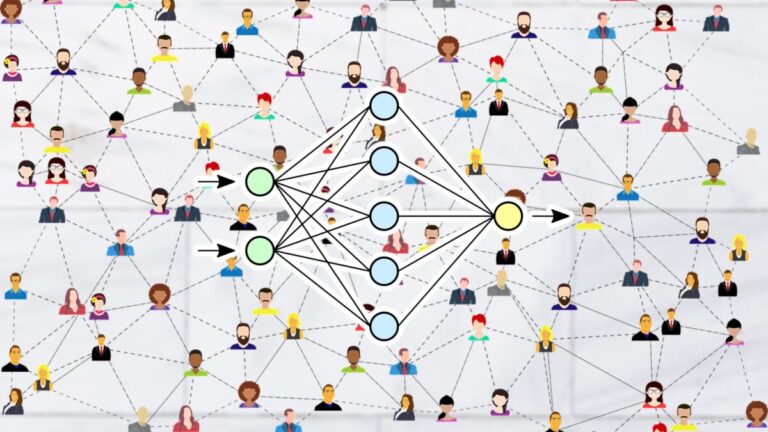
A possible consequence of this development will be increased social inequality and unemployment. Without work, people face financial difficulties and loss of self-esteem, which can lead to social instability.
In addition, there is a danger of misuse of user data. Neural networks use huge amounts of information for their training, which is often personal and confidential. If this data falls into the wrong hands or is used without users’ permission, it will violate privacy rights and could lead to serious consequences for people.
The role of government and society in regulating the use of neural networks
The role of government and society in regulating the use of neural networks is critical to ensure ethics and safety. The government must develop appropriate laws and policies that set clear boundaries for the use of neural networks. Such measures will help prevent abuse, violation of privacy and the spread of incorrect information.
In addition, society has a key role in controlling the use of neural networks. People need to be aware of the possible risks and consequences of this technology. They should actively participate in discussions about the rules and standards that are created, and also report potential violations or abuses.

